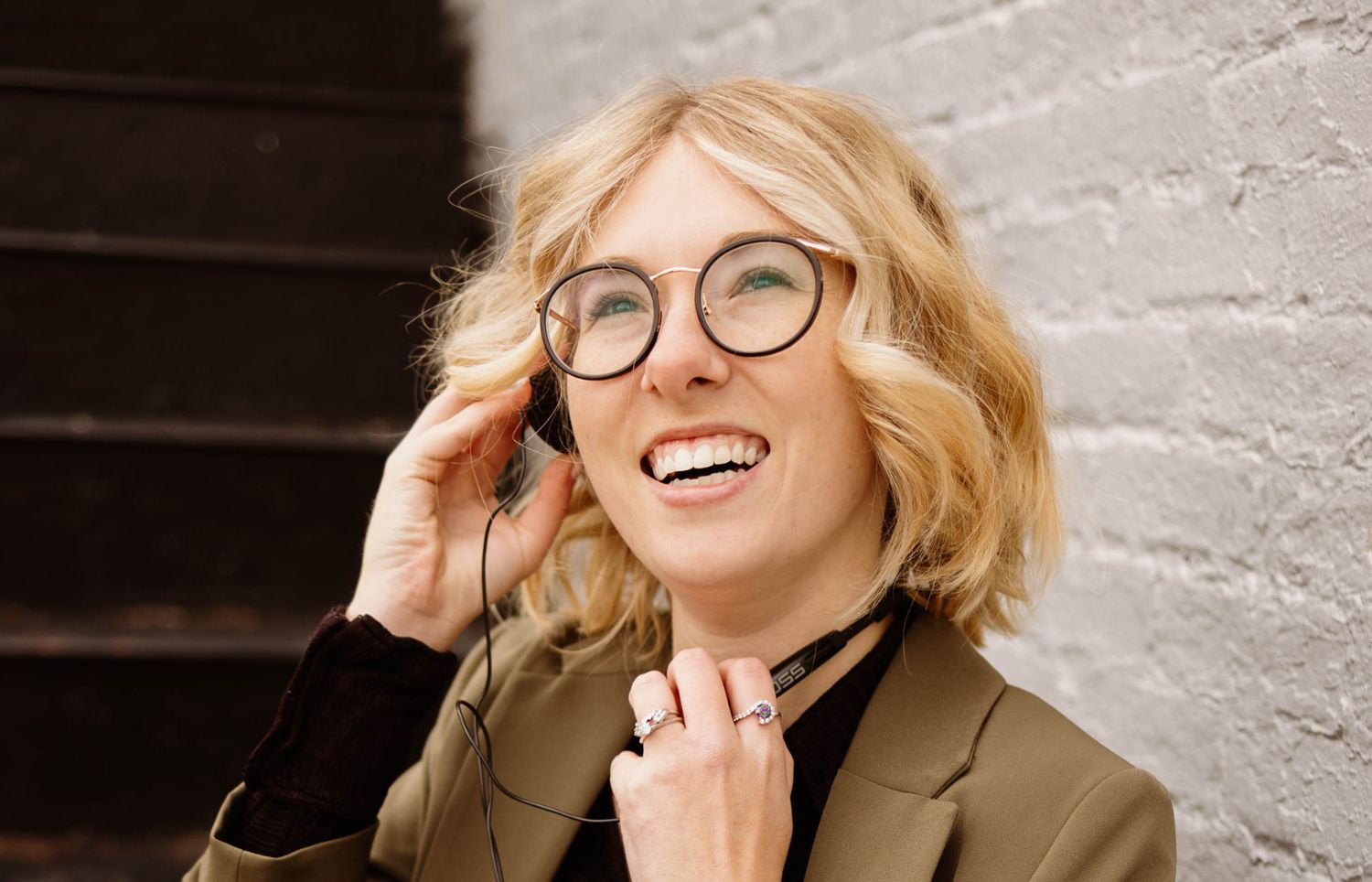Lauraine has IBD, which has resulted in an ileostomy and she also suffers from endometriosis and an enterocutaneous fistula. Here, Lauraine tells us her story and how she is learning to live with her illness.
“I was diagnosed with ulcerative colitis 32 years ago, which resulted in an ileostomy. After I had my surgery, I was told that my condition looked more like Crohn’s Disease. Before having surgery, life was hard! I was in my 20’s and I had a 2-year-old daughter and my husband was in the navy so I was essentially alone apart from some help from my parents. I would go to the toilet up to 20 times a day with bloody diarrhoea, I was frequently unwell and I spent weeks in hospital away from my little girl. I lost my second child because of this illness and I also lost my job and I was unable to work.
After I got my ileostomy things improved considerably, my husband had left the navy and I found a new job. I started to experience lower abdominal pain, which the doctors first put down to adhesions. An MRI found a mass, which they were concerned was ovarian cancer so I ended up having an emergency laparotomy and they found that I had severe grade 4 endometriosis. The surgeons closed me up as my insides were seriously stuck down with the endometriosis and I spent my 30’s and 40’s in a lot of pain and having many surgical procedures to control the disease.
In January 2015, I had more scans that showed abnormal masses and my gynaecological team felt it was too risky to leave these in so I was booked in for a hysterectomy. Up until this point I had been in relatively good health and hadn’t experienced anymore bowel issues since my ileostomy. After the hysterectomy operation I experienced serious complications, the operation had been difficult and my bowel ended up perforating and the contents flooded into my abdomen. I thought I was dying, in fact I think I probably was. I was in a private hospital at the time and I had to be transferred to a teaching hospital as my consultant was away at the time. Things got rapidly worse and I ended up on TPN for 3 months, unable to eat or drink anything in order to allow the perforation to heal. I found that I didn’t really miss food that much but not being able to drink was torture. The perforation only partially healed and I ended up with an enterocutaneous fistula. There are many different types of fistula and this was was initially low output and I could contain the drainage by using dressings, the drainage soon got worse and required me to wear a second ostomy bag over the top of it. I found that eating made the drainage worse so I would limit what I ate and I wouldn’t eat in front of anyone. Instead I would graze on sandwiches and biscuits in my room. I was devastated at having this fistula. Again, I became frequently unwell and needed antibiotics. I ended up in hospital again as another fistula burst through. This condition is unpredictable and took over my life. I stopped going on holiday, stopped having weekends away and there was no intimacy.
In March of this year, my surgeon felt that enough time had passed to attempt to repair the fistula. The surgery was once again difficult and I developed sepsis, went into respiratory failure and ended up in intensive care. The repair to my bowel failed and ended up with an even worse fistula and back on TPN for another 3 months.
I have struggled to accept what has happened and I’m hoping that the fistula heals, even though this is unlikely. I feel it still controls me and I still have a strange relationship with food. I am quite well most of the time but I find that negativity and depression can swamp me at times. I’m awaiting counselling to help me deal with chronic illness. When I am well, I love looking after my granddaughter and my nephews – they are my world.
If I could offer any advice to those in a similar situation it would be don’t let this control you as I have. Make the good days count and rest on the bad days. I don’t feel like I have overcome it yet but I am still trying.”

We’d like to thank Lorrain for sharing her story.
Patient stories can help by offering context and insight into other people’s experiences, to help guide the healthcare journeys of others. They can be extremely powerful.
If you’d like to share your story, please email us at [email protected] to find out more.








